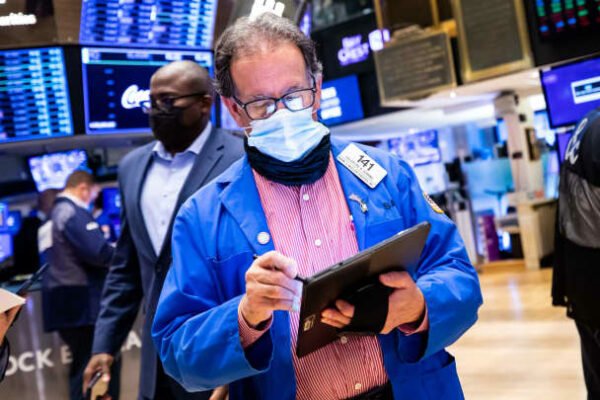Scant parts approaches more slow creation, bringing about low stock, less choices.
Part deficiencies have been unleashing devastation on the tech business since the beginning of the COVID-19 pandemic, and cell phones are no exception. Decelerated creation plans have given approach to more modest stock and postponed dispatches. All of this has brought about a decrease in cell phone deals in Q3 of 2021 contrasted with Q3 2020, Gartner announced today.
“Regardless of solid shopper interest, cell phone deals declined because of postponed item dispatches, longer conveyance plan, and deficient stock at the channel,” Anshul Gupta, senior exploration chief at Gartner, said in an assertion going with the declaration.
As per numbers the examination firm shared today, deals to purchasers dropped 6.8 percent. A shortfall in parts like coordinated circuits for power the board and radio recurrence has harmed cell phone creation around the world.
The examiner said creation plans for “essential and utility” telephones were more impacted by supply requirements than “premium”. Accordingly, premium cell phone deals really developed during this period, despite the fact that there was a general decrease in cell phone deals.
Samsung on top
Apple’s quarterly portion of the overall industry (14.2 percent) was helped by new highlights in its iPhones, in particular the A15 processor and upgrades to battery life and the camera sensor. Gartner likewise highlighted interest in 5G.
Cell phones aren’t the main tech actually experiencing the part lack. Investigators are anticipating that PCs should be elusive this Christmas season because of inventory network issues. The market additionally allegedly declined in the US in Q3 2021 contrasted with Q3 2020. What’s more, Chromebook request has declined forcefully as individuals return to face to face learning and work.
All things considered, purchasers had restricted choices, Gartner said. Samsung won the biggest piece of the pie (20.2 percent) because of its foldable cell phone.
In May, Gartner anticipated that the worldwide chip emergency would end by Q2 2022. In any case, while gadgets are relied upon to be all the more promptly accessible around then, the examination firm noticed that “substrate limit requirements might actually reach out” into Q4 2022.
Disclaimer: The views, suggestions, and opinions expressed here are the sole responsibility of the experts. No journalist was involved in the writing and production of this article.





